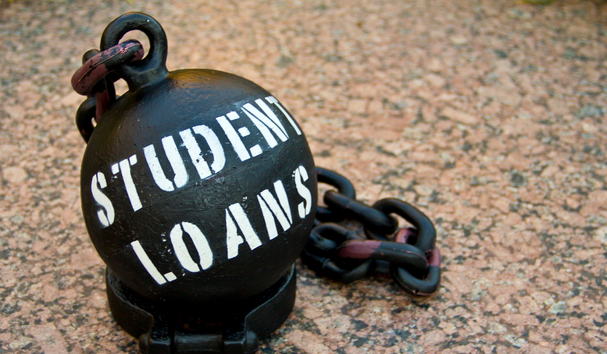Since Betsy DeVos took over as Secretary, the Department of Education has been — to put it mildly — generous to the student loan industry. Through DeVos, the Trump administration has stopped cooperating with federal financial regulators to rein in unscrupulous loan servicers, and announced its plan to put all federal student loan accounts into the hands of a single company. But several states are letting it be known that they will not go easy on student lenders and servicers, even if they ask nicely. [More]
servicers

The System To Collect Defaulted Student Loans Is No Longer Functioning
Consumers who expected their student loan payments to be deducted from their bank accounts this month have reportedly found the funds untouched, and their calls to the companies unanswered thanks to a Department of Education’s order prohibiting the debt collection companies from working on default accounts in response to two lawsuits against the agency.

Student Loan Servicing Issues Contribute To Older Borrowers’ Defaults
In 2015, nearly 40% of all federal student loan borrowers over the age of 65 were in default, thanks in part to issues they faced when it came to the servicing of their debts, including problems enrolling in income-driven repayment plans and accessing protections as co-signers. [More]

New Guidelines Aim To Improve Customer Service, Enhance Protections On Federal Student Loans
The fact that two-thirds of college-bound students who take out loans to finance their higher education have little to no idea what they’re agreeing to, doesn’t mean these borrowers shouldn’t receive adequate protection from unscrupulous loan servicing companies. New guidelines from a pair of federal agencies are aimed at ensuring student loan borrowers get the service and protection they deserve. [More]

Federal Student Loan Customer Service In Need Of “Significant” Improvements
Last year, the Department of Education issued more than $96 billion in federal student loans to more than 9.1 million college students. Someday in the future these borrowers will begin repaying these debts, but a new report finds that limitations and a disconnect between the federal government and its contracted loan servicers can make this a daunting and sometimes costly task. [More]



